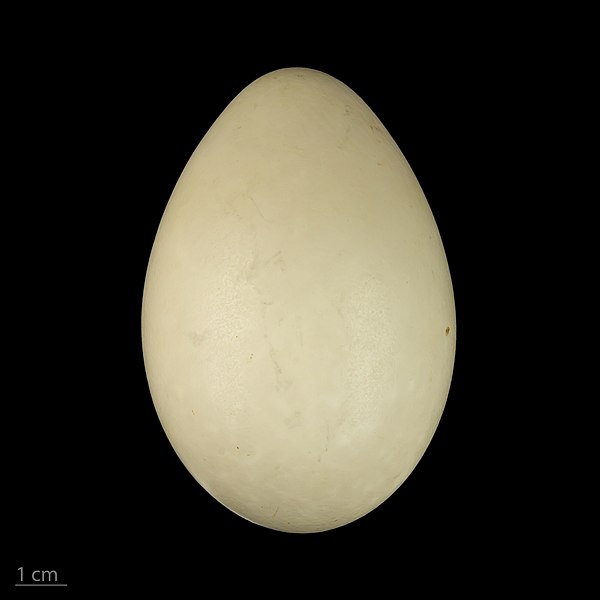The Falkland steamer duck is a species of flightless duck found on the Falkland Islands in the South Atlantic Ocean. The steamer ducks get their name from their unconventional swimming behaviour in which they flap their wings and feet on the water in a motion reminiscent of an old paddle steamer. The Falkland steamer duck is one of only two bird species endemic to the Falkland Islands, the other being Cobb's wren.
Falkland steamer duck
Falkland steamer duck pair at Whale Bone Cove, Falkland Islands.
Tachyeres brachypterus - MHNT
The Falkland steamer duck is primarily found on rugged coastlines.
The Falkland Islands is an archipelago in the South Atlantic Ocean on the Patagonian Shelf. The principal islands are about 300 mi (480 km) east of South America's southern Patagonian coast and about 752 mi (1,210 km) from Cape Dubouzet at the northern tip of the Antarctic Peninsula, at a latitude of about 52°S. The archipelago, with an area of 4,700 sq mi (12,000 km2), comprises East Falkland, West Falkland, and 776 smaller islands. As a British overseas territory, the Falklands have internal self-governance, but the United Kingdom takes responsibility for their defence and foreign affairs. The capital and largest settlement is Stanley on East Falkland.
Naval confrontation during the 1914 Battle of the Falkland Islands (painting by William Lionel Wyllie)
Government House in Stanley is the Governor's official residence.
Colony of southern rockhopper penguins on Saunders Island
Stanley, now officially a city, is the financial centre of the Falkland Islands' economy.








